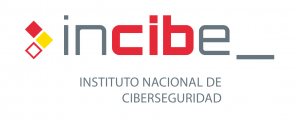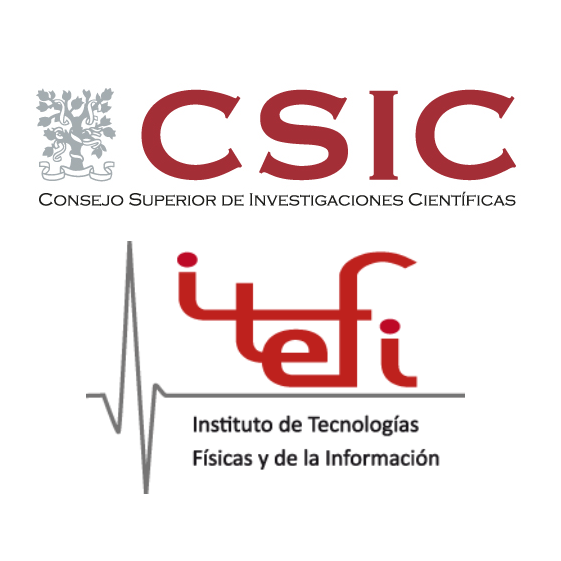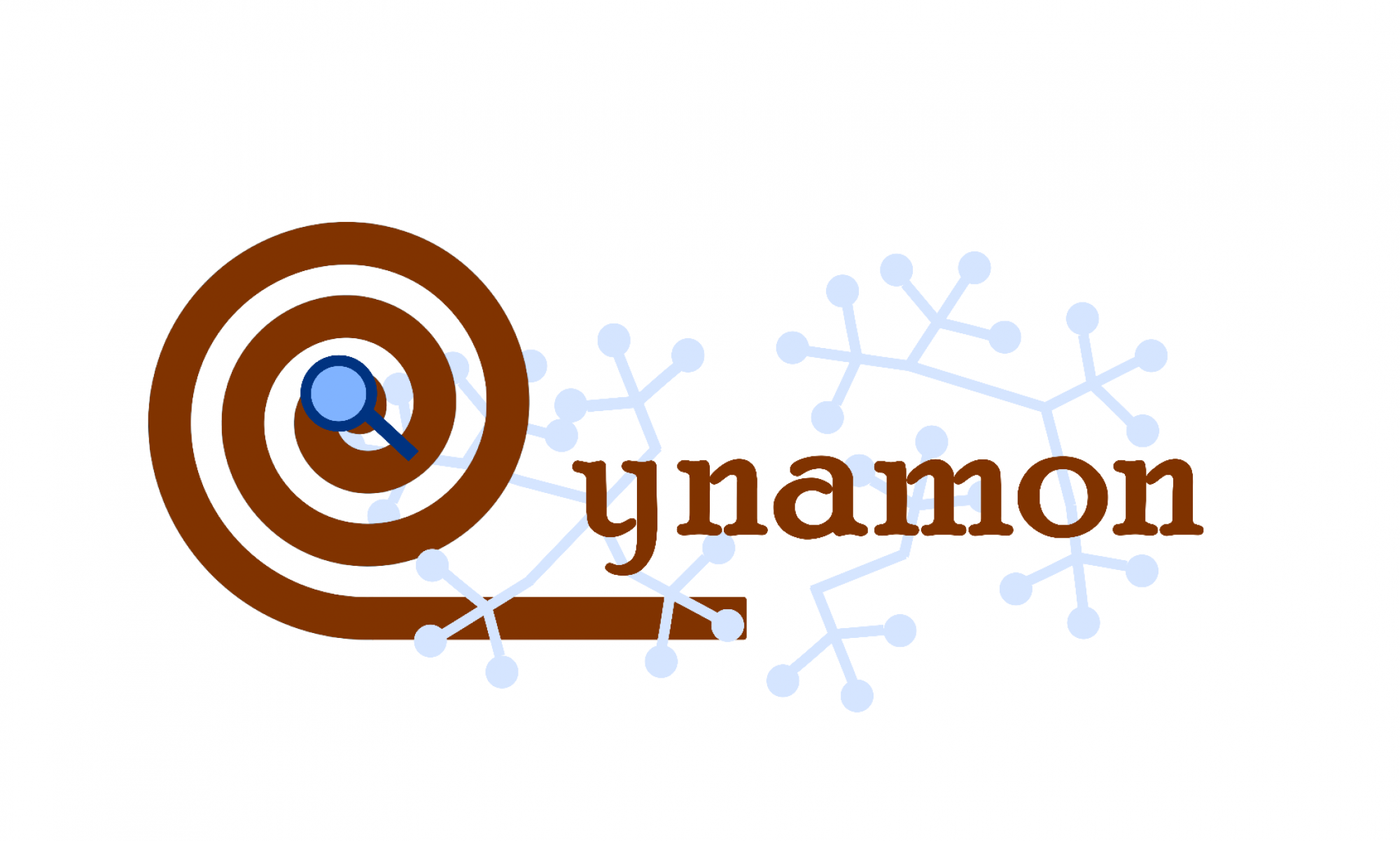
Cyberspace plays nowadays a key role in modern societies and economies, and its protection is a pivotal challenge in national security strategies. Over the last decade, various technological developments havecontributed to make our dependency on cyberspace even greater, including the generation and processing of massive amounts of data, the influence of social networks over all activities of our daily lives, or the trend to connect to Internet virtually every realworld device.
The scientific program proposed in this project aims at contributing to a more secure cyberspace in our current and future technological context. Our approach identifies three paradigms, each with a varying degree of maturity, that will reshape cybersecurity in the coming years. These are: the processing of massive amounts of information (big data), including those generated by citizens and devices; the embedding of computers in essentially all reallife objects (cyberphysical systems) and their connection to the Internet (IoT, Internet of Things); and the challenges and opportunities associated with the rise of quantum computing. To address these challenges we propose an interdisciplinary work program involving five research groups with proven expertise in the areas of system and application security, data analysis, next generation communication systems, and cryptography.
The project establishes three general objectives closely linked to the three challenges discussed above. First, we will develop advanced data analysis techniques to deal with massive amount of data, with a focus on two key application domains: social networks and new generation networks. Second, we will propose security mechanisms and tools for connected IoT devices and the network services they access. Finally, we will explore cryptographic techniques providing information security services and protecting users privacy. This will be done by leveraging new techniques such as the applications of the blockchain technology, as well as the threat posed by quantum computers.
Expected results include a significant advance in the research lines sketched above. In addition, harmonization between research and innovation tasks is ensured by the presence in the consortium of relevant industry partners (BBVA, Vicomtech y Unisys) with a keen interest in developing marketfitting technologies, together with various extraordinarily relevant institutional partners (INCIBE, Jefatura de Información de la Guardia Civil y Centro Criptológico Nacional). Thus, it is expected that this project’s results will be transferred and exploited as soon as they develop, contributing to an improved national cybersecurity at all levels. Consequently, our expected results have a very high technological relevance since they will provide tools for a more trustworthy cyberspace for citizens, companies, and Public Administrations.
The project goals are perfectly aligned with the Spanish and European priorities for the development of secure environments, which aim at strengthening citizen’s rights and improving the competitiveness of our industries and our defense capabilities.
COMPANIES INVOLVED






MEMBERS




Dr. Luis Hernández Encinas
Dra. Amparo Fúster Sabater
Dr. David Arroyo Guardeño
Dr. Agustín Martín Muñoz
Dra. Verónica Fernández Mármol
Dr. Víctor Gayoso Martínez
Dra. Sara Degli Esposti
Dr. Daniel Díaz Sánchez
Dra. María Celeste Campo Vázquez
Dra. Florina Almenares Mendoza
Dr. Carlos García Rubio
Dr. Andrés Marín López
Eugenio Rubio Drosdov
Hossein Doroud
CONTACT
